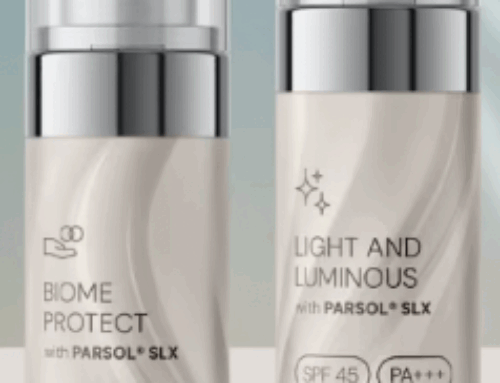The phrase “beauty sleep” is commonly thrown around as a reason for extra sleep. However, there is validity in the saying “beauty sleep”. Beauty sleep allows you to look refreshed and rejuvenated. There is also science behind how sleeping impacts the skin and your health.
Appearance from Sleep Deprivation
In a sleep study done in Stockholm, participants were photographed after a normal night’s sleep and after sleep deprivation (Axelsson et al., 2010). Results showed that when participants were sleep-deprived, their appearance in the photograph was rated as less healthy and less attractive than when a normal night of sleep was achieved. Observers noted that sleep-deprived participants looked fatigued, which contributed to their less healthy appearance.
People with insufficient sleep typically wake up with puffy eyes and dark circles. When people are fatigued, blood flow is increased in the area around your eyes. That area is also thin, leaving a transparent view of the blood vessels as a darkened appearance.
Cell Repair and Regeneration
The body has an internal clock called the circadian rhythm, which is responsible for letting the body know when to be awake and when it is time to sleep. The circadian rhythm is disrupted when sleep is irregular. In turn, this disrupts multiple physiological processes in the body, including skin repair. The production of collagen, an essential protein is key to maintaining skin structure and elasticity, rises during sleep. Collagen helps reduce the appearance of wrinkles and sagging, resulting in firmer, smoother skin. People with poor-quality sleep show increased signs of intrinsic aging, such as fine lines, uneven pigmentation, and reduced elasticity. A restful night’s sleep boosts your skin’s natural repair processes, helping it recover from daily stress and giving you a more youthful, refreshed complexion.
Hormone Regulation
Proper sleep keeps hormones in balance. During the first few hours of sleep, the body releases growth hormone. The growth hormone repairs skin damage caused by UV rays, boosts collagen production, and reduces protein breakdown. This process helps minimize fine lines and wrinkles, working while you sleep to keep your skin looking youthful and smooth.
Another key hormone that rises during sleep is melatonin, or the “sleep hormone”. This hormone aids in inducing rest. Melatonin also acts as a powerful antioxidant, protecting your skin from free radical damage. Studies have shown that antioxidants like melatonin can help combat dark spots, fine lines, and even reduce the risk of skin cancer.
As you move into the later stages of sleep, particularly during REM sleep, cortisol (the stress hormone) begin to decrease. However, when you don’t get enough sleep, your body produces excess cortisol, which breaks down collagen and triggers inflammation. High cortisol levels are linked to skin issues like acne, inflammation, premature aging, and even hair loss. Prioritizing your sleep helps regulate cortisol levels, supports collagen production, and allows your skin to heal and regenerate more effectively.
Beauty sleep is more than a catchphrase. It is an effective component to looking and feeling like your best self. Aim to sleep for at least eight hours a day to give your skin the best chance of naturally looking radiant.




